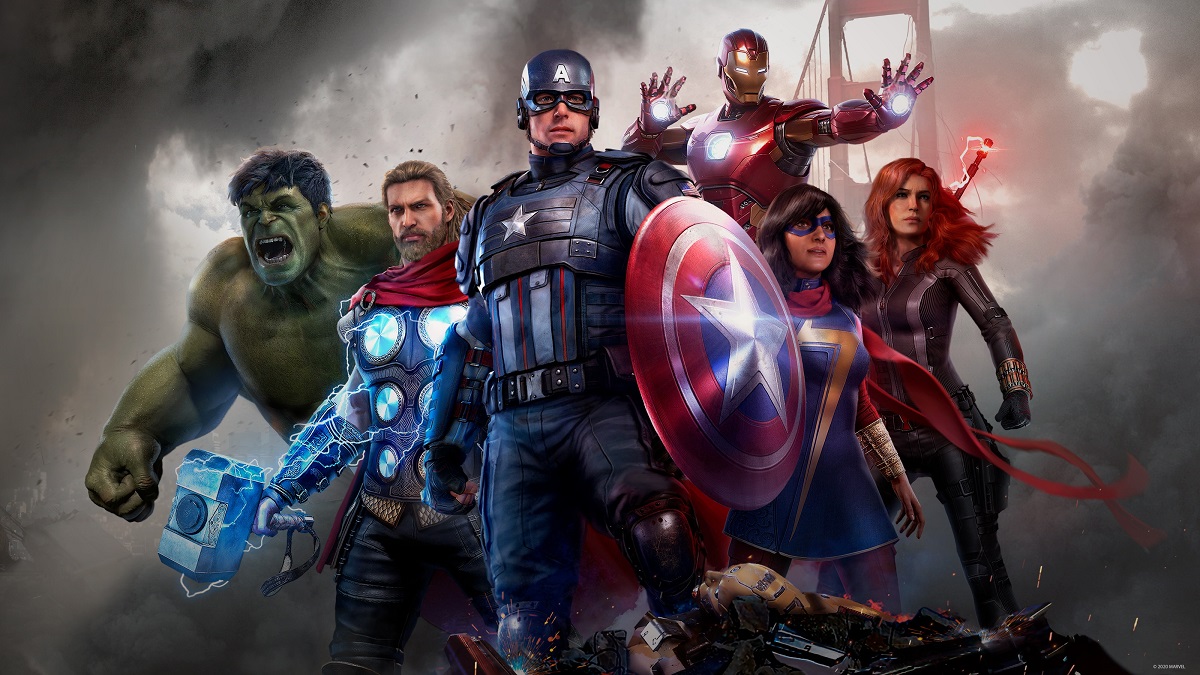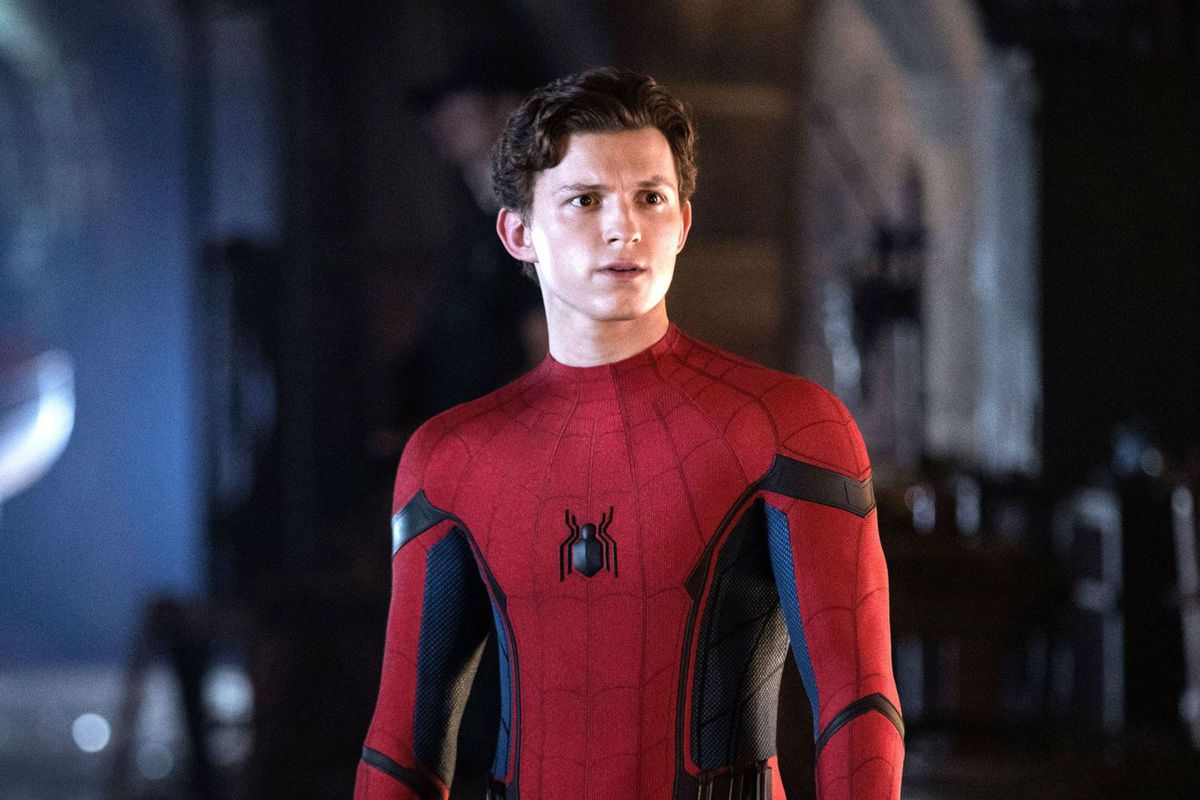Have a look at many of the cinematic universes around right now, from the Marvel franchise and Star Wars on down. Anything about them remind you of the Cold War, when the knee-jerk weaponisation of nations led to a state where we had enough nuclear missiles to wipe the surface of the Earth completely clean of human life several times over?

Sociologists call it the arms race principle, and real life has seen it in more spheres than just potential nuclear war between the US and USSR. As crack flooded the LA ganglands and the local footsoldiers could afford ever-heavier weaponry the LAPD responded in kind, which prompted the gangs to arm themselves even further, and so on.
Where a fictional place like Gotham City had a problem with widespread (but nevertheless petty) crime, a highly skilled billionaire in a mask and suit with an array of gadgetry only prompted a new criminal class to rise to overcome him. One of the common tropes of the Batman mythology is that The Joker’s always taunting him about the pair of them being two sides of the same coin, carnival freaks who dress in costumes, their position on either side of chaos merely arbitrary.
Batman Begins – a comic book movie that grounded a slightly silly mythology in the real world brilliantly – even addressed it directly where Commissioner Gordon (Gary Oldman) referenced the age-old debate about escalation by telling Batman; ‘We start carrying semi-automatics, they buy automatics. We start wearing kevlar, they buy armour piercing rounds. You’re wearing a mask, jumping off rooftops…’
This isn’t the place for a debate about the socioeconomic relationship between combating crime and weapons, although it’s always tempting not to invoke the example of the UK, where beat police don’t carry firearms and almost never need them whereas police in big cities in the US seem more like WWI soldiers engaged in continual trench warfare.

But you can see examples from across the current pop culture firmament where the rise of villains and heroes are in direct response to each other, effectively cancelling each other out. The aspirations of power exerted by Naboo senator Palpatine (Ian McDiarmid) led to every other action and reaction across the Star Wars canon films, right down to the ascent of Han Solo and Leia Organa’s son Ben to leadership of a new army serving the dark side of The Force.
The Marvel universe is another place where threat only exists because of the protections deployed against it. In Spider-Man: Homecoming (2017), hero Peter Parker (Tom Holland) is on the trail of Toombes (Michael Keaton) a dealer of exotic weapons. Those weapons have been made by the reverse engineering of alien technology bought to Earth and discarded in the climactic New York battle of the first The Avengers (2012), which was fought because Loki (Tom Hiddleston) wanted to conquer Earth, which happened because he was exiled there in the events of Thor (2011) and so on…
It’s interesting fodder for popular entertainment, but when it’s so entrenched in it as a storytelling principle, do you ever wonder how it might be subconsciously priming us to collectively adopt it as a way of dealing with the world’s problems?
Subscribe to FIB’s Weekly Alchemy Report for your weekly dose of music, fashion and pop culture news!






